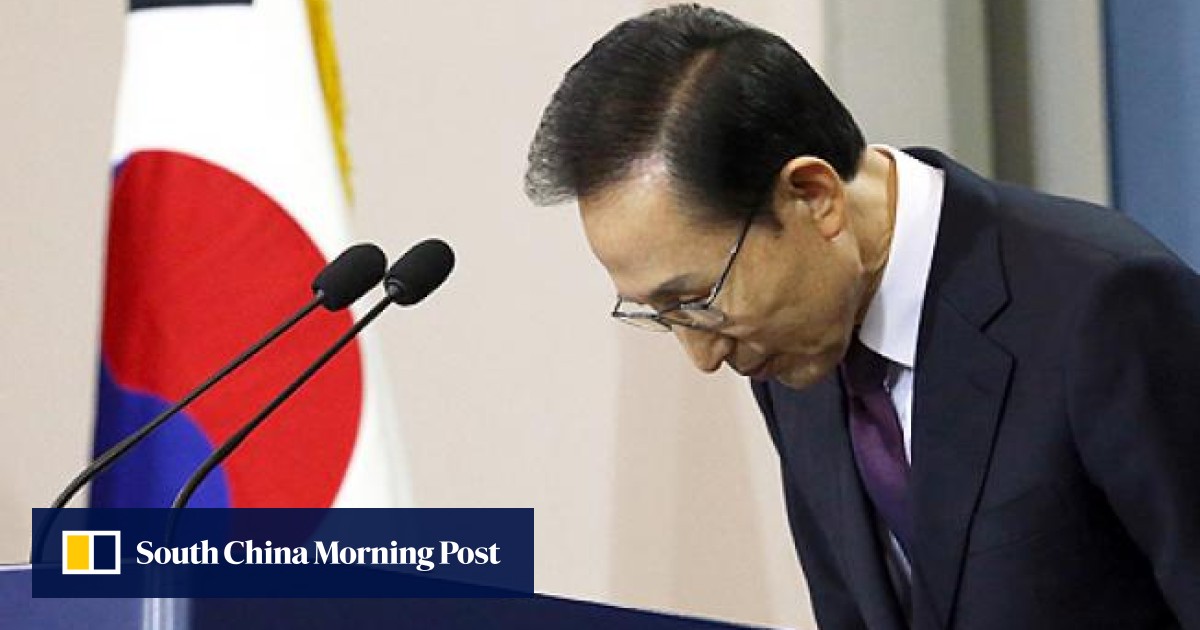South Korea announced a series of sanctions targeting individuals and entities from Russia, North Korea, and other countries on July 1st. This move comes amid growing concerns about the strengthening military and economic ties between Pyongyang and Moscow.
The sanctions target five organizations, including Russian shipping firms Transmorflot and M Leasing, and DPRK's Missile Control Department. Four Russian vessels, the Patriot, Neptun, Bella, and Bogatyr, are also included. Additionally, eight individuals, believed to be facilitating illicit arms transfers and oil shipments to North Korea, were sanctioned.
South Korea's Foreign Ministry cited the violation of United Nations Security Council resolutions and the recent signing of a comprehensive strategic partnership agreement between Russia and North Korea as reasons for the sanctions. This agreement, according to the Ministry, poses a threat to South Korea's national security interests.
The sanctions will restrict financial transactions and freeze assets of those targeted. South Korean businesses will be prohibited from dealing with the sanctioned entities and individuals. The move is intended to disrupt the flow of resources that enable North Korea's weapons programs and its continued defiance of international non-proliferation efforts.
Analysts believe the sanctions are a calibrated response, signaling South Korea's displeasure with the deepening Russia-DPRK relationship while avoiding a complete severing of ties with Moscow. South Korea walks a tightrope between maintaining a working relationship with Russia, a major energy supplier, and addressing the growing security threat posed by North Korea's nuclear ambitions.
The international community has repeatedly condemned North Korea's ballistic missile tests and nuclear weapons development program. The UN Security Council has imposed several rounds of sanctions, but enforcement remains a challenge due to North Korea's reliance on China for economic and political support.
South Korea's decision to impose sanctions is likely to be welcomed by the United States and other allies who have been pressuring Seoul to take a tougher stance against North Korea's nuclear program. However, it is unclear how effective the sanctions will be in deterring Russia and North Korea from continuing their cooperation.
The move by South Korea highlights the complex geopolitical landscape in Northeast Asia. The ongoing war in Ukraine has further strained relations between Russia and the West, with North Korea emerging as a potential beneficiary of this situation by forging closer ties with a sanctioned Russia. South Korea's latest action demonstrates its intent to counter this trend and safeguard its national security interests.

